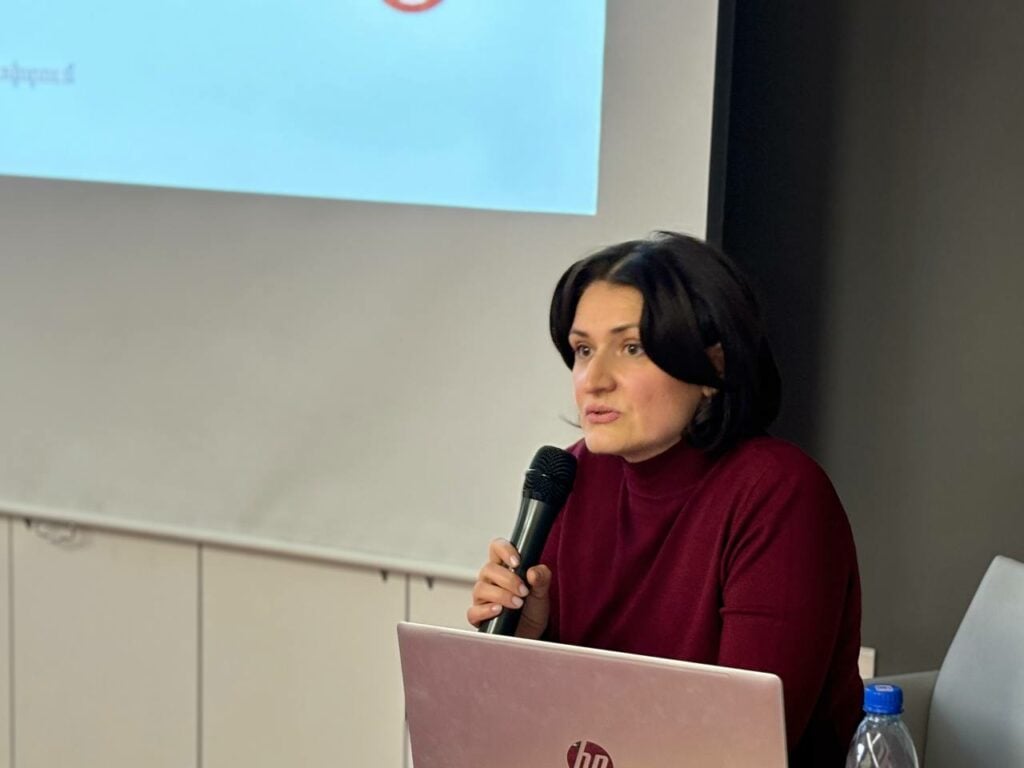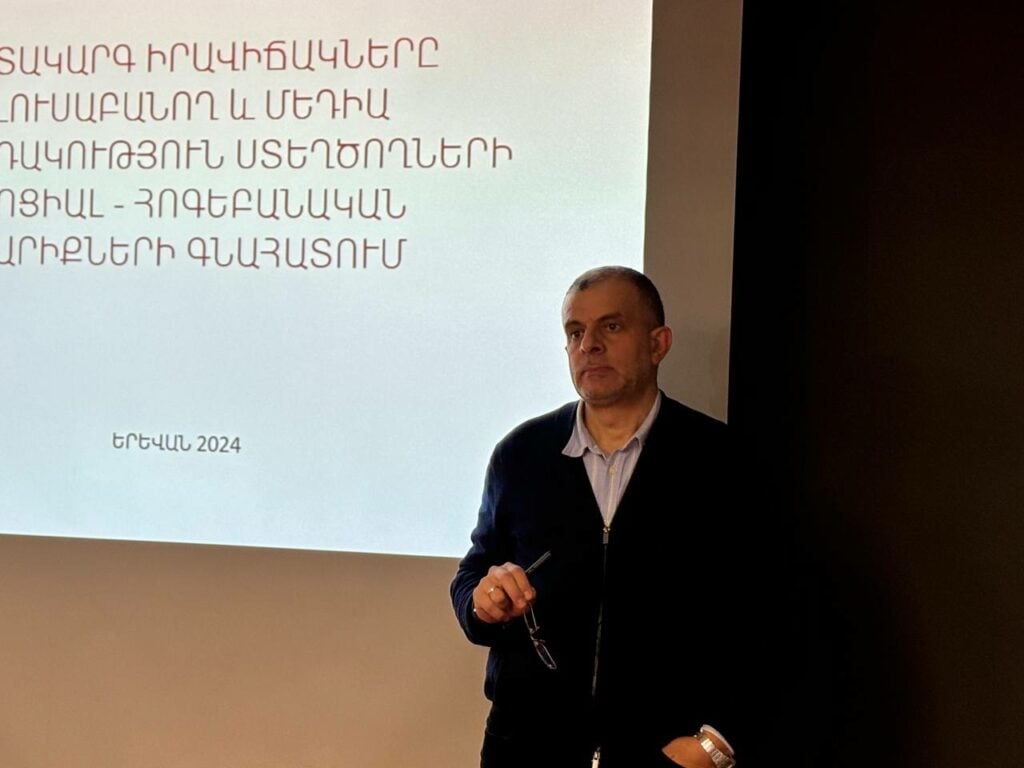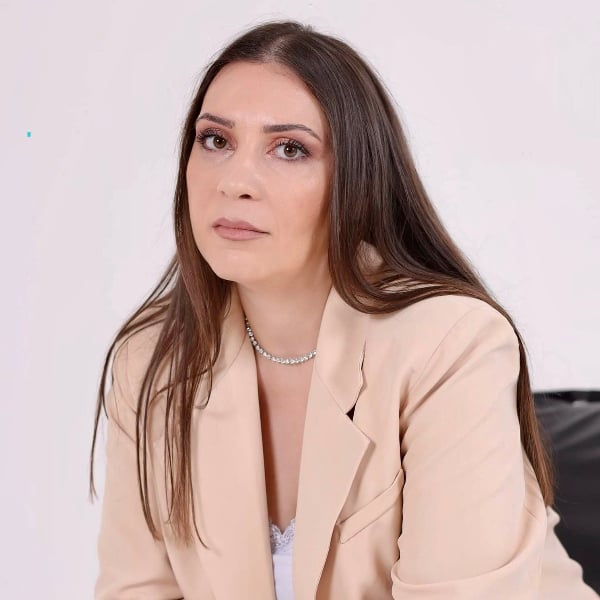Journalists and other media professionals must prioritize their mental health. To foster a society that values healthy thinking, it is essential to have media representatives who take care of their mental well-being.
This discussion occurred at the symposium “The Importance of Ensuring and Promoting the Mental Health of Media Content Creators,” organized by the Public Journalism Club (PLC).
“The mental health of media professionals has always been important to us, but the issue became a primary concern after the tragic events of 2020. PJC organized individual psychological therapy sessions and art therapy for journalists while also raising awareness about mental health issues. Organizations involved in media development in Armenia, as well as international donors, expect journalists to demonstrate professionalism, continuous growth, and loyalty to the best traditions of the profession. However, there are limited opportunities available to help them recover from past professional burnout, trauma, and its consequences,” stated PJC President Seda Muradyan.
Korina Chepoi, the head of Armenia’s media development program, emphasized that the issue needs urgent attention. She noted that professional burnout leads many journalists to leave their positions and pursue less stressful careers.
Narine Khachatryan, a psychologist at the Department of Personality Psychology, stated that while traumas can disrupt mental health, experts categorize traumas into two groups: major and minor. Major traumas threaten physical survival, whereas minor traumas involve everyday stresses and unmet needs related to age and development.

Narine Khachatryan
“Trauma divides life into two distinct parts: individuals often waste resources and energy trying to remember these traumas and combat their consequences. For instance, if symptoms are observed three months after a traumatic event, we may consider the possibility of post-traumatic stress disorder (PTSD). In the case of journalists, the situation is somewhat different. They experience secondary trauma by covering traumatic events and tragic human stories. Journalists engage with the suffering of others, frequently reading distressing news, viewing images of violence, and witnessing the aftermath of traumatic incidents. Additionally, journalists can also experience primary trauma if they themselves are subjected to violence or persecution,” said Narine Khachatryan.
Seda Muradyan revealed that a guideline has been developed to promote the protection and enhancement of mental health and well-being within Armenian media organizations. This guideline will be presented to the monitoring body, after which it will be proposed as a working document for implementation in the mass media.
“As a journalist who covered the events of October 27, I can attest that it is impossible to be fully prepared to cover traumatic events. I worked for 48 hours without showing any emotion, but when I later saw the funeral ceremony of the officials on TV, I found myself crying. At the time, I didn’t realize that I was experiencing stress. Following that, intrusive thoughts emerged, and fears surfaced; during every subsequent tragic event, I found myself recalling the previous one. It’s essential to recognize that the media content created by journalists has a significant impact on society. This connection needs to be clearly understood, and proactive steps should be taken,” Seda Muradyan emphasized.
Davit Amiryan, president of the “Armenian Scientific Association of Psychologists” NGO, emphasized that journalistic activity is directly linked to the mental health of society.

Davit Amiryan
Amiryan noted that journalists should not fear facing these problems, as they can lead to professional growth.
“I would like to quote my conversation with the journalist: ‘Since the onset of the war, whenever I hear police sirens, fireworks, or loud noises on the street, I am reminded of the war. I stop, freeze, and gather my thoughts, and then I move forward. I realize that I must now fight against corruption because corruption in the army has raised many concerns.’ This experience has led to the development of a new professional approach and the emergence of a renewed motivation,” said Davit Amiryan.
The symposium was organized as part of the Armenian media development program, implemented by the international organization “Internews Armenia” and funded by the US Agency for International Development.







